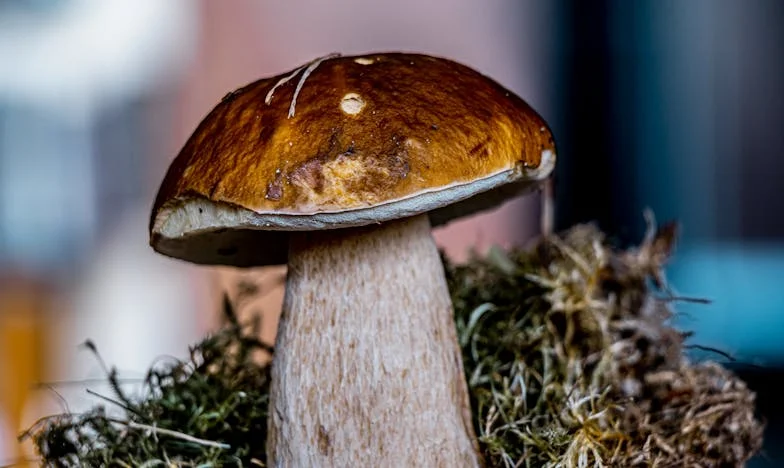Two Refrigerators, One Heart: The Story of a Mother, a Son, and the Limits of Love
“We’re getting our own fridge, Mom.”
I remember the way my son, Daniel, said it—like it was the most ordinary thing in the world. He stood in our tiny kitchen, his wife Emily by his side, both of them clutching hands so tight their knuckles whitened. The words landed heavier than I ever could have expected, settling in my chest like a block of ice.
“Why would you need another fridge?” I asked, my voice cracking. I could feel my heart thumping, my mind racing with questions I didn’t dare voice out loud. Was my cooking not good enough? Was I in their way? Or did they just not want me around anymore?
Emily looked at Daniel, her eyes soft but determined. “We just want to cook our own meals, Mary. You know, try things our way.”
I wanted to scream, to tell them that I’d spent years perfecting the family recipes, that every casserole and pot roast was a piece of my heart. Instead, I swallowed my pride and forced a smile. “Of course. Whatever makes you happy.”
But inside, I was unraveling.
Daniel and Emily moved in with me the year after Daniel lost his job at the factory. I’d been glad for the company—my husband, George, had passed away three years before from a heart attack, and the house had felt unbearably silent since. When Daniel came home, I thought it was fate giving me a second chance at family. We’d eat together every night, just like when he was a boy. But now, all of that seemed to be slipping through my fingers.
The second fridge arrived the next weekend. I watched the delivery men maneuver it through the narrow hallway, scraping the paint off the doorframe. Emily buzzed around, directing them with a confidence I never had. Daniel barely met my eyes.
That first night, I heard them laughing in the kitchen, chopping vegetables and clinking glasses. I lay awake in bed, listening to the sound of their independence. It felt like I was being pushed out of my own life. The next morning, I came downstairs to find the kitchen split in two—my groceries on one side, theirs on the other. Even the salt and pepper shakers had been divided. The room felt foreign, like a border had been drawn and I was on the outside.
I tried to keep busy—cleaning, gardening, calling my sister in Ohio. But loneliness crept in like a shadow. I missed Daniel’s jokes at dinner, the way he’d tease me about my overcooked chicken. Now, he barely spoke to me. Emily was polite but distant, as if afraid I might lash out at any moment.
One evening, I found Daniel sitting on the porch, staring at his phone. His shoulders were hunched. I sat beside him, the silence stretching between us like a canyon.
“Is everything okay?” I asked quietly.
He hesitated. “I just… I need you to let go, Mom.”
Tears pricked my eyes. “Let go of what?”
He looked at me then, really looked at me, and I saw his own pain reflected in his eyes. “Let me be an adult. Let me take care of my own family.”
I wanted to argue, to tell him that he’d always be my little boy, but the words caught in my throat. Maybe I’d been holding on too tightly. Maybe my need for connection was suffocating him.
That night, I sat alone in the living room, flipping through old photo albums—birthday parties, Christmas mornings, Daniel’s first day of school. I remembered the promise I’d made to George on his deathbed: to always take care of our son. But now, taking care meant stepping back.
The weeks passed. Daniel and Emily’s routines grew more separate from mine. I started eating dinner alone, the television flickering in the background. Sometimes, I’d hear them laughing together in the kitchen and wonder if I’d been the problem all along.
Then one afternoon, I found Emily crying in the backyard. She tried to hide her tears, but I sat beside her anyway.
“What’s wrong, honey?” I asked gently.
She shook her head. “I just… I’m so tired, Mary. Trying to settle in, trying to make Daniel happy, trying not to overstep with you. I miss my own mom.”
Her words broke something inside me. For the first time, I saw her not as the woman who’d taken my son, but as someone who’d lost her own home too. We sat together in silence, the sun setting behind the trees.
A few days later, I found a note on the kitchen table: “Dinner, 6 PM. Your side or ours?” A shaky smile tugged at my lips. I cooked my famous meatloaf, and they brought a salad and a pie. We ate together, laughing at Daniel’s terrible jokes, and for a moment, the old warmth returned.
But things were different now. The two fridges stood side by side, a silent reminder of the space between us. We were learning to coexist, to respect each other’s boundaries. It wasn’t the family I’d dreamed of, but it was real. It was honest.
Sometimes, late at night, I wonder if I’ll ever feel whole again. If love means holding on, or if it means letting go. Maybe it’s both. Maybe that’s the only way families survive.
What would you do if you had to choose between holding your loved ones close and giving them the freedom they need? Would you have let go, or tried harder to keep the family together?
